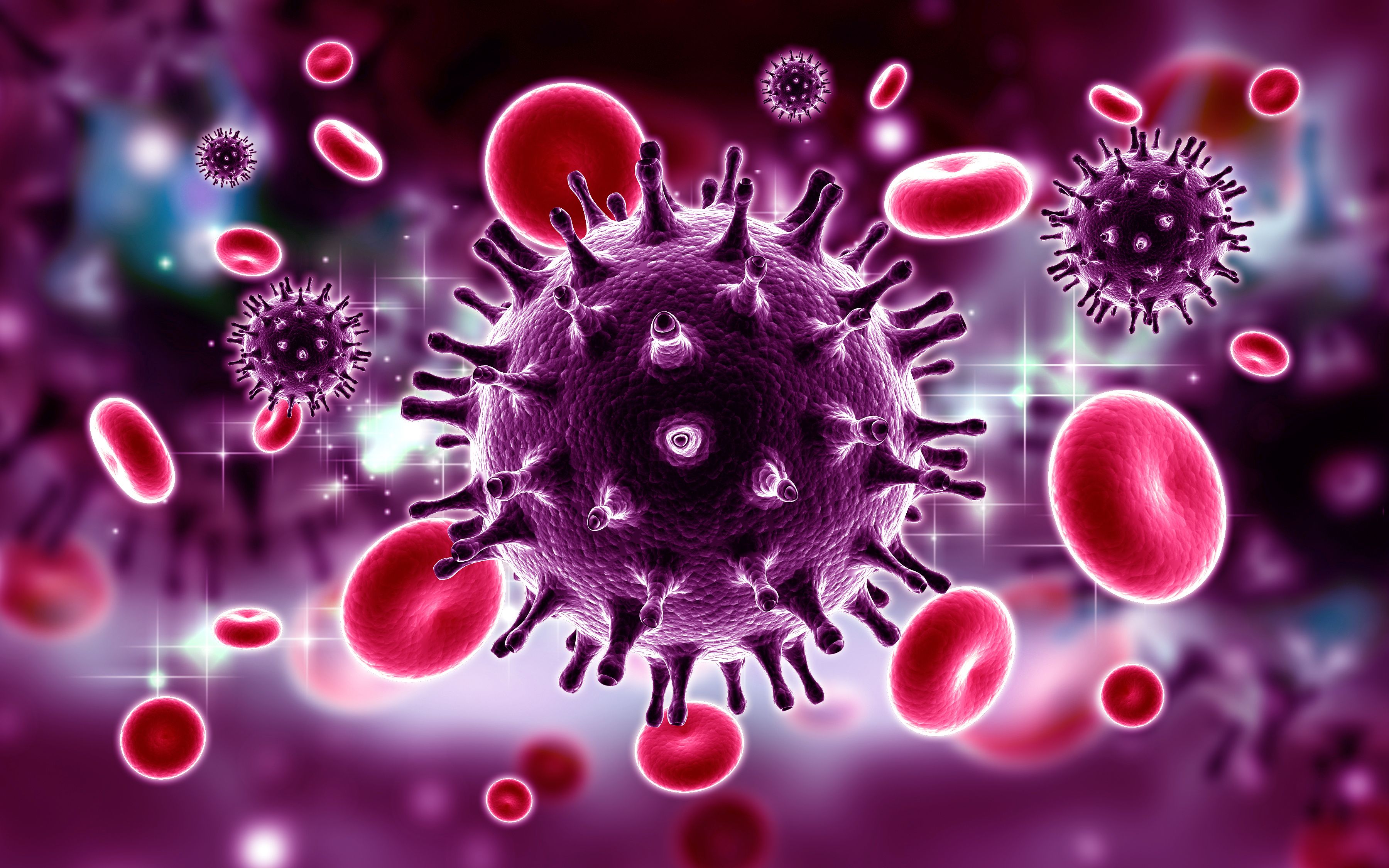- Center on Health Equity & Access
- Clinical
- Health Care Cost
- Health Care Delivery
- Insurance
- Policy
- Technology
- Value-Based Care
Self-Testing for HIV Commonly Adopted in MSM From China
Young and educated men who have sex with men (MSM) were more likely to use self-testing for HIV.
Men who have sex with men (MSM) who lived in China commonly adopted HIV self-testing (HIVST), with younger men and men with a higher education more likely to use the test. According to the study published in BMC Infectious Diseases,1 HIVST should be included in future care to continue the trend.
Testing for HIV is crucial for patients to begin treatment with pre-exposure prophylaxis (PrEP) and antiretroviral therapy (ART). HIVST involves an individual collecting their own specimen for the test and determining their results. This allows for individuals the flexibility to take the test and the privacy to collect the sample. A total of 78% of MSM in China reported that they’d be interested in HIVST in a previous study.2 The current study aimed to evaluate how many MSM used HIVST and how the testing linked to care for HIV.2
HIV Virus | Image credit: RAJCREATIONZS - stock.adobe.com

A cross-sectional survey was developed to assess the preferences of MSM in China. A questionnaire was created online and distributed between July 14 and July 28, 2018. Participants were included if they were aged 16 years or older, had ever had sex with another man, were assigned male at birth, and had been tested for HIV. The questionnaire was promoted on social media.
Participants who reported the use of HIVST were categorized as adopters of HIVST whereas those who did not use HIVST were categorized as nonadopters. Data on age, marital status, education level, disclosure of sexuality to family, and condom usage were all collected from the participants. Adopters and nonadopters of HIVST were also tested to see if they received their most recent test results for HIV, whether they had sought care after a positive result, and the time it took to seek out the care.
There were 540 participants included in this study who had a mean (SD) age of 27.4 (6.6) years. An education level of at least college was found in 52.2% of participants, and 73.9% identified as gay men. Although 55.4% of participants reported being sexually active and using a condom during their last intercourse, consistent condom use in the previous 3 months was found in only 39.1% of participants.
A total of 75.2% had reported using HIVST after a year of its introduction in China. Adopters had a greater proportion of participants who had received a college or equivalent education (54.4% vs 45.5%) and were younger than nonadopters (mean age, 27.0 vs 28.4 years). No other significant difference was found. Men who were older than 30 years were 41% less likely to have used HIVST (OR, 0.59; 95% CI, 0.39-0.92) compared with men 30 years and younger. A positive association was found between education and HIVST adoption, with each unit increase in education level associated with an increased likelihood of HIVST use (OR, 1.41; 95% CI, 1.02-1.96).
All participants who used the HIVST sought out care after their positive result compared with only 42.9% of nonadopters. Both adopters and nonadopters had a delay in seeking out care, with the differences not being significant.
There were some limitations to this study. This was a cross-sectional study, which limited the ability to capture a full diffusion process for HIVST. This study did not focus on how to get nonadopters engaged in using HIVST. The sample was collected through the internet, which could limit the generalizability of the cohort.
Chinese MSM who were young and had a higher education were more likely to adopt the use of HIVST and more adopters sought out care after a positive test. Knowing who is adopting HIVST on their own can help to tailor future interventions to increase the use of this testing route.
References
- Yang F, Zhao P, Tang W, Tucker JD, Xu W, Wang C. HIV self-testing adoption and post-test linkage to care among men who have sex with men in China: a nationwide cross-sectional survey. BMC Infect Dis. 2024;24:532. doi:10.1186/s12879-024-09419-5
- Wang XF, Wu ZY, Tang ZZ, Nong QX, Li YQ. Acceptability of HIV testing using oral quick self-testing kit in men who have sex with men. Zhonghua Liu Xing Bing Xue Za Zhi. 2018;39(7):937-942. doi:10.3760/cma.j.issn.0254-6450.2018.07.014
Elevating Equitable Health Care for the LGBTQ+ Community
June 18th 2024For the third episode in our special Pride Month series, we speak with Patrick McGovern, CEO of Callen-Lorde since August of 2023 and an outspoken advocate for HIV; lesbian, gay, bisexual, transgender, queer, plus (LGBTQ+); and community health.
Listen
Community Outreach Is Enabling CeSHHAR to Close HIV Care Gaps in Zimbabwe
April 6th 2021The Centre for Sexual Health and HIV/AIDS Research Zimbabwe conducts evidence-based research related to HIV and AIDS, as well as provides and implements sexual and reproductive health education and interventions among sex workers, children, and adolescents, and in the area of masculinity.
Listen
